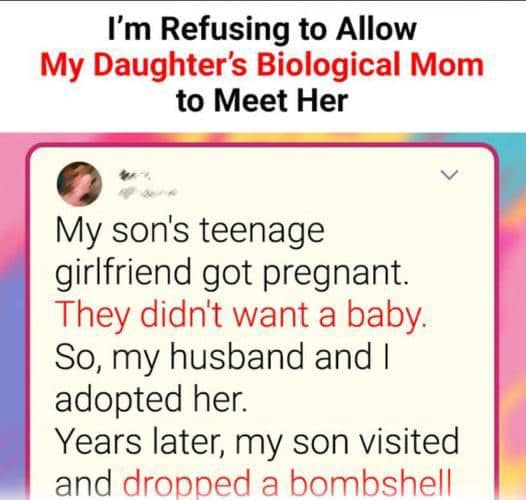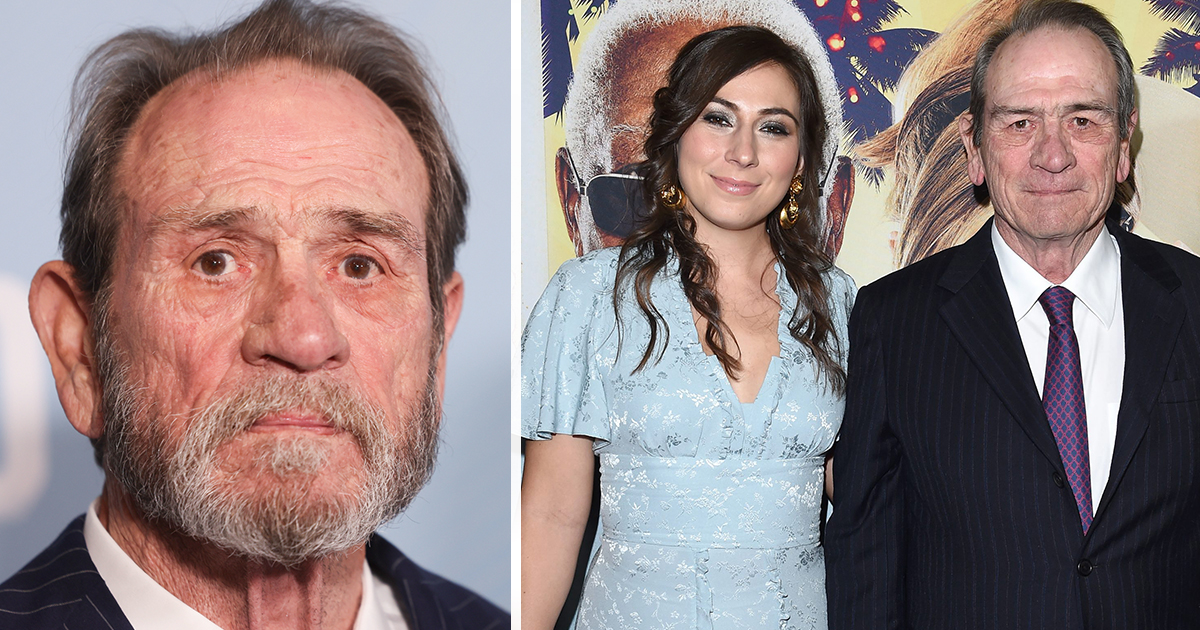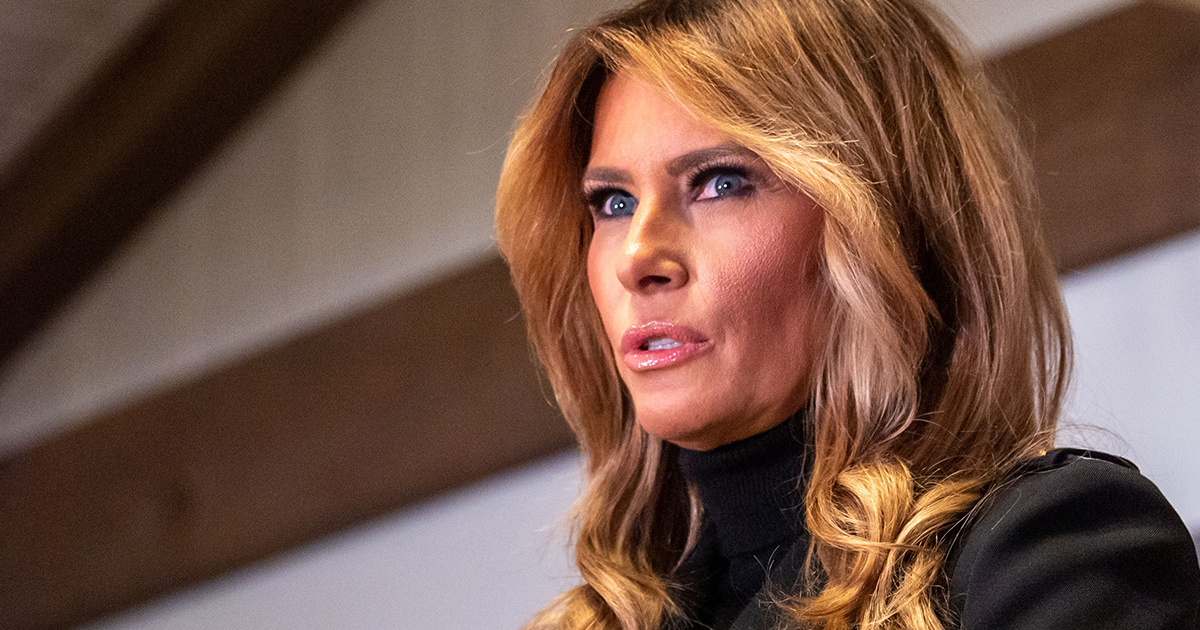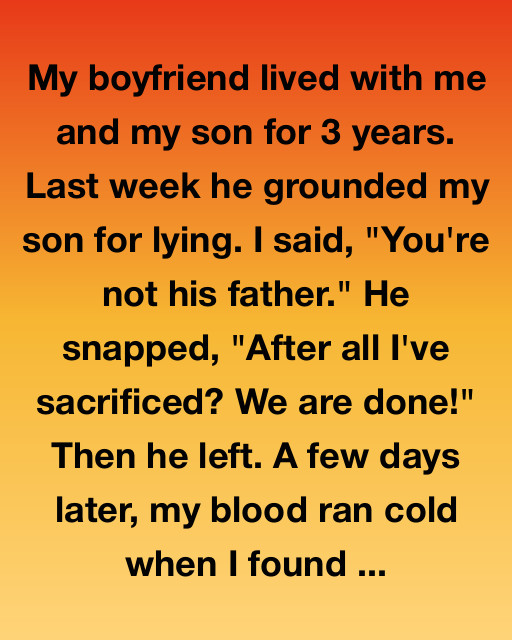Adoption can be a beautiful journey where children find loving homes, and adults realize their dream of becoming parents. In today’s story, a couple became the guardians of their granddaughter under unexpected circumstances. They face a challenging family situation, questioning whether to allow her biological mother to be a part of her life.
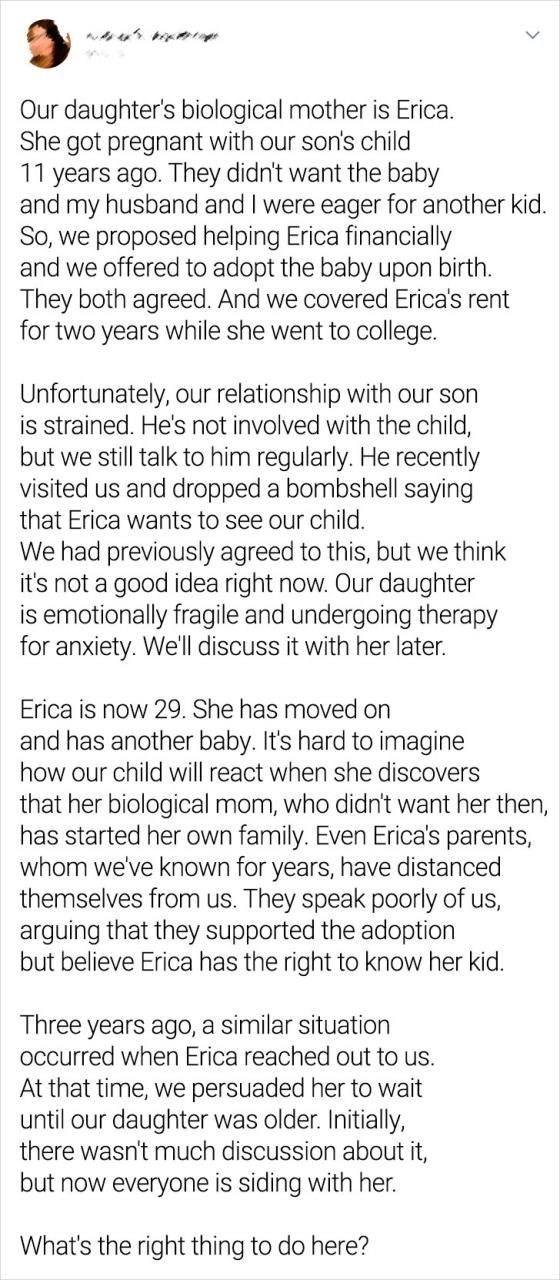
We’ve looked into professional opinions to offer some insightful guidance on how best to navigate this sensitive issue:
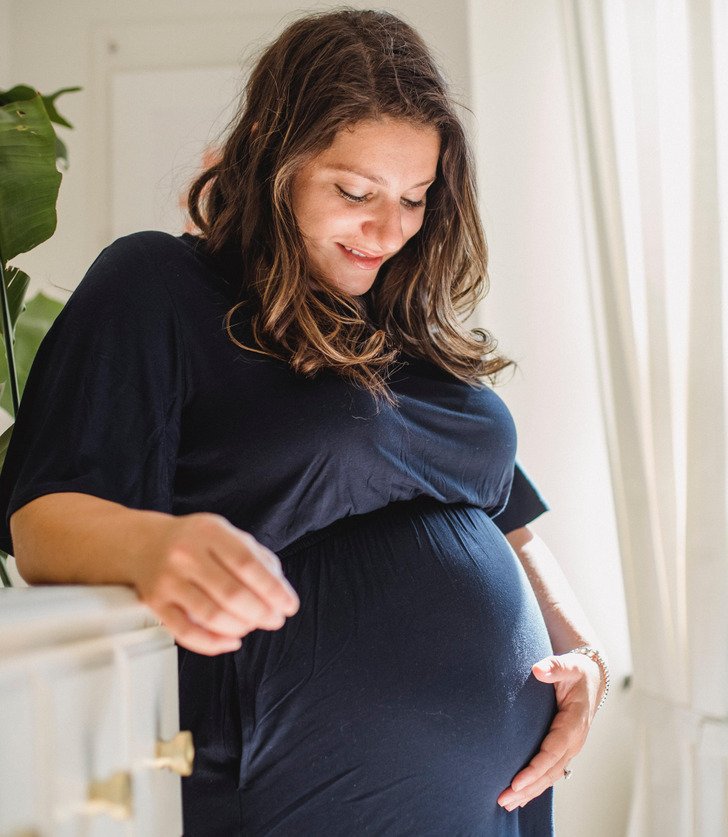
Experts often recommend starting conversations about adoption around the age of 5 or 6 to help children understand and accept their circumstances naturally. As kids grow and ask questions, providing honest but age-appropriate answers is essential. Here are some key reasons why it’s beneficial for children to be aware of their adoption:
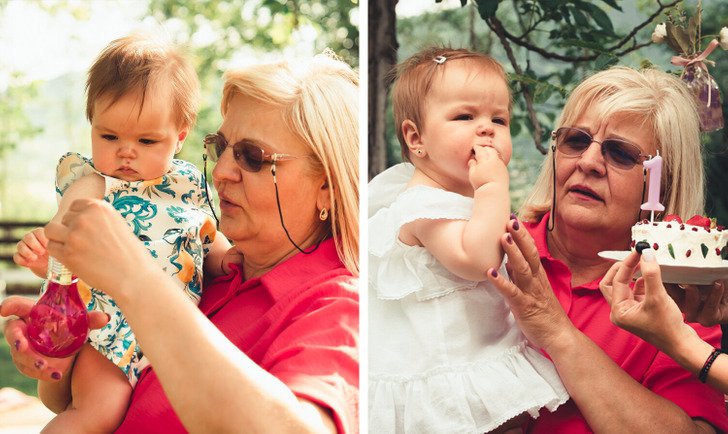
1. **Building Trust:** Children benefit from an honest relationship with their guardians. Knowing the truth about their adoption can build trust and a healthier emotional connection.
2. **Identity Formation:** Understanding their origins helps children form a complete identity. It addresses natural curiosities and allows them to feel more at peace with who they are.
3. **Empowerment Through Knowledge:** Children who understand their story are often more confident. This knowledge empowers them to navigate their world with a better sense of self.
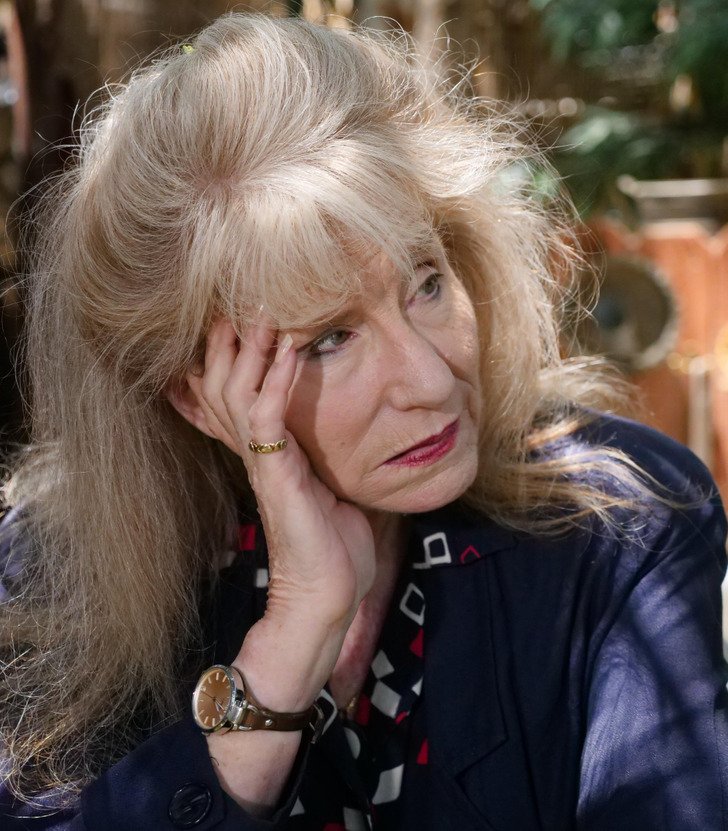
In the ongoing debate of whether or not to allow the biological mother to meet her, it’s important to consider the child’s emotional well-being. The guardians need to weigh the potential benefits and risks and possibly seek professional advice to come to a decision that prioritizes the child’s best interests.
Reflecting on Adoption
Adoption, while fulfilling, can also come with its set of challenges. It requires open communication, trust, and sensitivity. Understanding these dynamics can help families navigate adoption more smoothly and support the developing child’s emotional and psychological needs.
